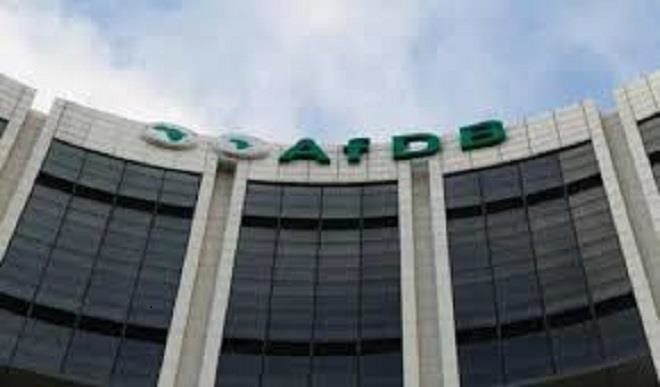The Board of Green Climate Fund (GCF) has approved over $110 million funding for three proposals from the African Development Bank totaling for Nigeria and eight other countries in the Niger Basin.
The approvals were granted at the GCF’s 21st Board Meeting held recently in Manama, Bahrain.
The GCF board, which was co-chaired by Paul Oquist from Nicaragua, and Ambassador Lennart Båge from Sweden, considered 20 funding proposals requesting approximately $1.2 billion, a statement said.
The board approved $67.8 million for the Programme for Integrated Development and Adaptation to Climate Change in the Niger Basin (PIDACC/NB), which will benefit from GCF funds comprising $57.8 million grant, and a $10 million concessional loan.
The programme is further resourced by co-financing from the bank, the European Union, the Global Environmental Facility, the Forestry Investment Programme of the Climate Investment Funds, and the beneficiary countries, for an estimated $147 million. This brings the total programme resources to $214.8 million.
PIDACC will help preserve basin ecosystems and biodiversity, particularly by reducing the Niger River silting process; improving the adaptability of populations to climate change; and strengthening the resilience of production systems for four million direct beneficiaries and 10 million indirect beneficiaries in the nine Niger Basin countries.
The Director, Department of Agriculture and Agro-Industry at the ADfB, Martin Fregene said, “Multi-national approach to climate change adaptation by PIDACC offers an opportunity for the African Development Bank-GCF partnership to promote low-emission, climate-resilient agriculture in the nine Niger basin countries.”
The Democratic Republic of Congo (DRC) Green Mini-Grid also received approval for a $20 million senior loan, and $1 million grant to finance three pilot solar PV plants and battery to ensure that green mini-grids are scaled-up across the country beyond the pilot phase.
The mini-grids will provide access to clean, reliable and more affordable energy to approximately 150,000 people who live off-grid. This will contribute to reducing emissions of 560,000 tCO2eq over the 20-year lifespan of the project.

 Join Daily Trust WhatsApp Community For Quick Access To News and Happenings Around You.
Join Daily Trust WhatsApp Community For Quick Access To News and Happenings Around You.


